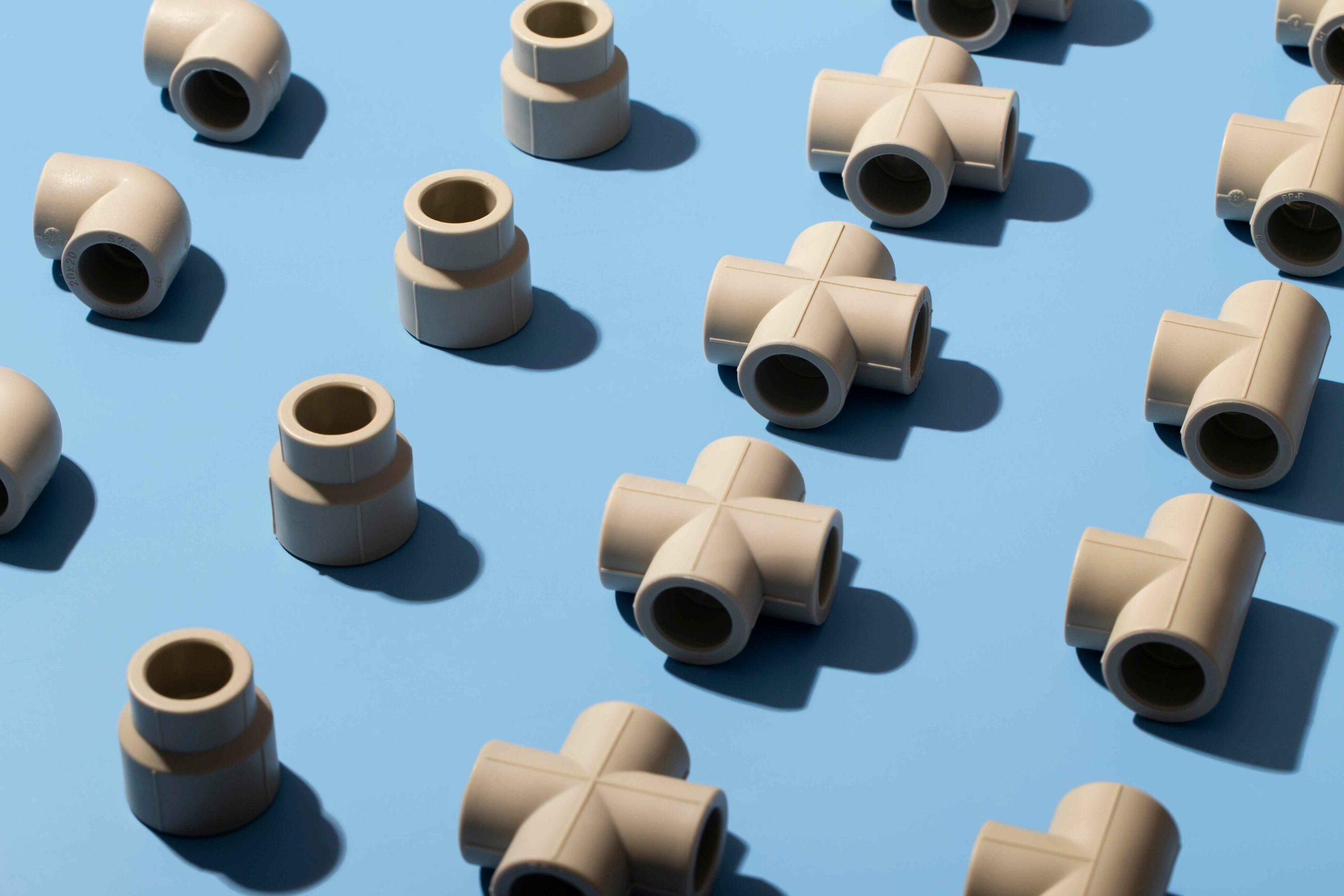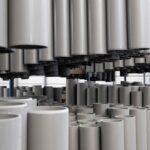The United Arab Emirates (UAE) stands as a global hub for innovation and development, with its booming construction and infrastructure sectors driving the demand for high-quality pipes. Whether it’s for industrial applications, water supply, or construction projects, the reliability and durability of pipes are paramount. In this blog post, we’ll explore how pipe suppliers in UAE ensure stringent compliance with quality standards, reflecting the nation’s commitment to excellence in the pipe industry.
The Landscape of Pipe Suppliers in UAE
Before delving into the meticulous processes ensuring quality, let’s understand the vast landscape of pipe suppliers in the UAE. The market is diverse, ranging from suppliers offering traditional materials like steel and PVC to those embracing innovative solutions like HDPE (High-Density Polyethylene) and corrosion-resistant alloys. Each supplier plays a crucial role in meeting the dynamic demands of the UAE’s rapidly evolving construction and industrial sectors.
Stringent Adherence to International Standards
One of the fundamental ways pipe suppliers in the UAE ensure the quality of their products is by strictly adhering to international standards. These standards act as benchmarks for product performance, material quality, and manufacturing processes. Key standards include those set by organizations like the International Organization for Standardization (ISO), the American Society for Testing and Materials (ASTM), and the European Committee for Standardization (CEN).
ISO Certification:
ISO certification is a hallmark of quality assurance. Reputable pipe suppliers in the UAE often obtain ISO certification, indicating their commitment to meeting global standards for quality management systems. ISO 9001, in particular, is a widely recognized standard that demonstrates a supplier’s dedication to consistently delivering high-quality products and services.
ASTM Standards:
ASTM standards are widely adopted in the pipe industry to ensure uniformity and reliability. Whether it’s steel, PVC, or other materials, adherence to ASTM standards guarantees that pipes meet specific criteria for strength, durability, and dimensional accuracy. For instance, ASTM D1785 covers the specifications for PVC pipes, while ASTM A53 outlines standards for carbon steel pipes.
Compliance with Local Regulations:
In addition to international standards, pipe suppliers in UAE must comply with local regulations and standards set by authorities such as the Emirates Authority for Standardization and Metrology (ESMA). This ensures that pipes meet the specific requirements of the region, considering factors like temperature, humidity, and other environmental conditions unique to the UAE.
Quality Control in Manufacturing Processes
Ensuring the quality of pipes begins at the manufacturing stage. Pipe suppliers in the UAE employ rigorous quality control measures to monitor and assess every step of the manufacturing process. These measures include:
Raw Material Inspection:
Quality starts with the raw materials. Suppliers carefully inspect and verify the quality of the materials used in pipe manufacturing. For instance, steel pipes undergo thorough checks for chemical composition, tensile strength, and other mechanical properties.
Precision in Manufacturing:
Modern manufacturing processes employ advanced technologies to ensure precision and consistency. Whether it’s extrusion for PVC pipes or seamless pipe manufacturing for alloys, suppliers invest in cutting-edge equipment to maintain the desired specifications and dimensions throughout the production process.
Non-Destructive Testing (NDT):
Non-destructive testing techniques, such as ultrasonic testing and radiographic testing, are employed to identify any imperfections or defects in the pipes without compromising their integrity. This level of scrutiny ensures that only pipes meeting the highest quality standards reach the market.
Performance Testing:
Pipes undergo rigorous performance testing to verify their strength, durability, and resistance to environmental factors. This includes pressure testing, impact testing, and assessments for corrosion resistance, particularly crucial in the UAE’s diverse climatic conditions.
Commitment to Material Innovation
The UAE’s pipe suppliers recognize the importance of staying ahead in the competitive market by embracing material innovation. Whether it’s introducing corrosion-resistant alloys, advanced polymers, or sustainable materials, suppliers continually explore new avenues to enhance the quality and performance of their pipes.
HDPE for Versatility and Durability:
High-Density Polyethylene (HDPE) pipes have gained popularity in the UAE due to their versatility and durability. HDPE is corrosion-resistant, lightweight, and well-suited for a variety of applications, including water supply and drainage. Leading suppliers ensure that their HDPE pipes conform to relevant standards and exhibit exceptional performance characteristics.
Corrosion-Resistant Alloys:
For industries demanding pipes with exceptional corrosion resistance, suppliers in the UAE offer pipes made from corrosion-resistant alloys. These alloys, such as stainless steel and nickel alloys, are particularly crucial in environments where traditional materials might be prone to corrosion.
Continuous Testing and Certification
Quality assurance doesn’t end with the production of pipes; it extends to continuous testing and certification throughout the product lifecycle. Pipe suppliers in the UAE implement robust testing protocols even after the pipes have been manufactured and are ready for distribution.
Third-Party Inspection:
To ensure an unbiased evaluation of the pipes, many suppliers engage in third-party inspection services. These independent entities assess the pipes based on predefined standards, providing an additional layer of verification and building trust among customers.
Certification Documentation:
Suppliers provide detailed documentation certifying the compliance of their pipes with relevant standards. This documentation, including test reports and certificates, not only assures customers but also facilitates compliance with industry regulations and project specifications.
Customer-Centric Approach
A customer-centric approach is a cornerstone of quality assurance for pipe suppliers in the UAE. Reputable suppliers prioritize customer satisfaction by:
Technical Support and Consultation:
Offering technical support and consultation services, suppliers guide customers in selecting the right type of pipes based on their specific requirements. This includes considerations such as application, environmental conditions, and project specifications.
Customization Options:
Understanding that every project is unique, leading pipe suppliers in the UAE provide customization options. This may involve tailoring the dimensions, materials, or coatings of pipes to meet the exact needs of a particular project, ensuring optimal performance.
Responsive After-Sales Service:
A commitment to quality extends beyond the point of sale. Suppliers with a strong focus on customer satisfaction provide responsive after-sales services, addressing any concerns, providing maintenance support, and ensuring the longevity of the supplied pipes.
Conclusion
In the dynamic landscape of the UAE’s construction and industrial sectors, the role of pipe suppliers is pivotal. The commitment to quality standards, from international certifications to meticulous manufacturing processes, sets the foundation for the reliability and durability of pipes. As the UAE continues to embrace innovation, leading pipe suppliers navigate the intersection of tradition and modernity, delivering products that not only meet the stringent demands of the industry but also contribute to the nation’s vision of sustainable development. Choosing a pipe supplier in the UAE isn’t just about acquiring pipes; it’s about investing in a quality-driven partnership that shapes the infrastructure of tomorrow.



